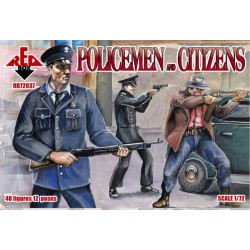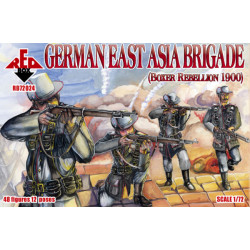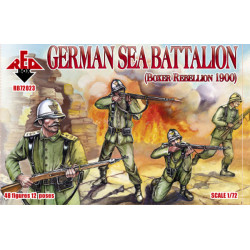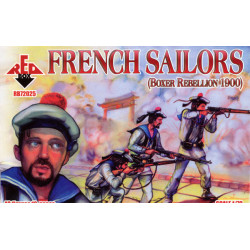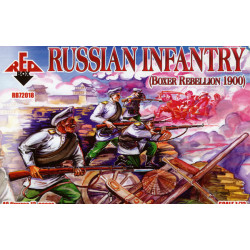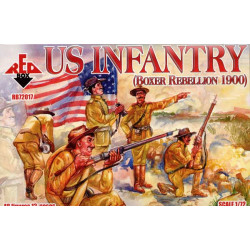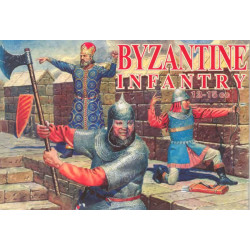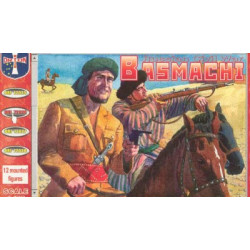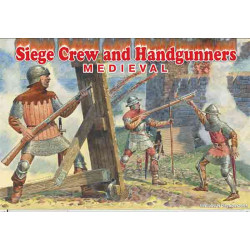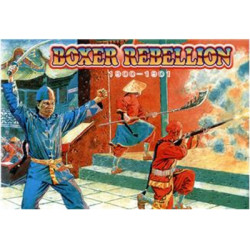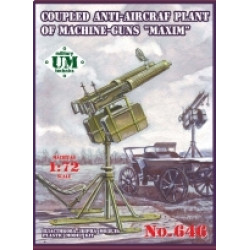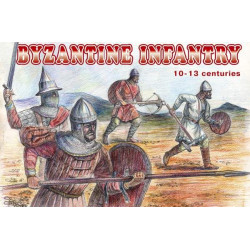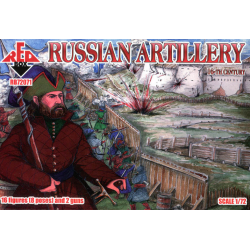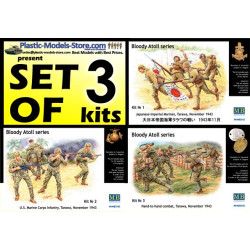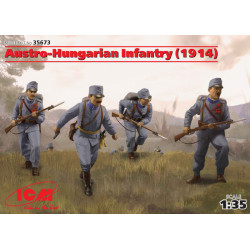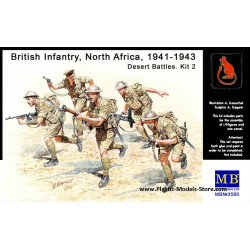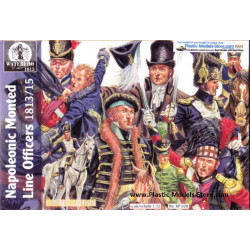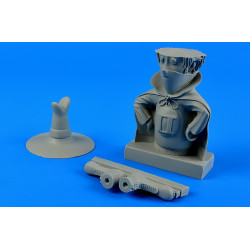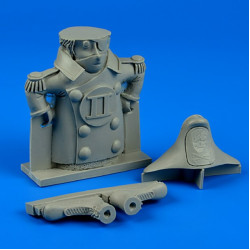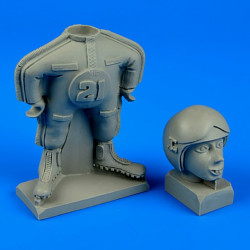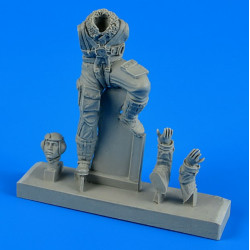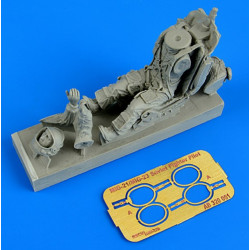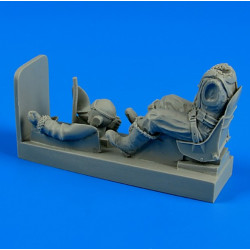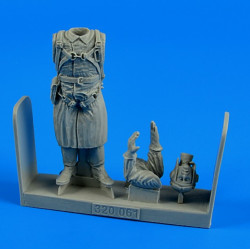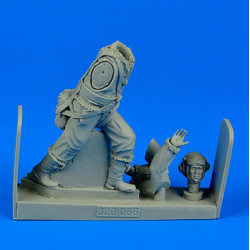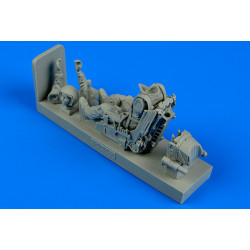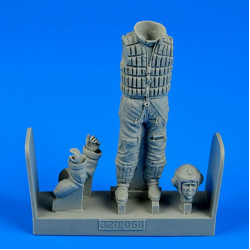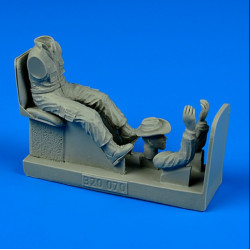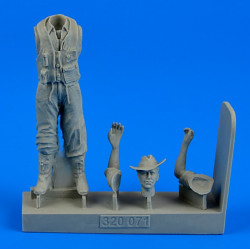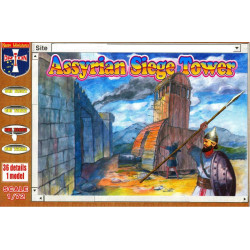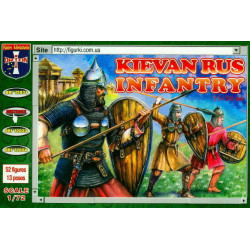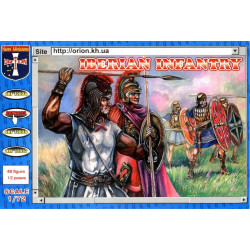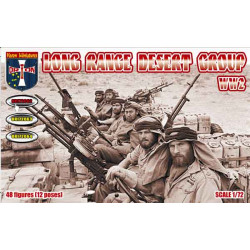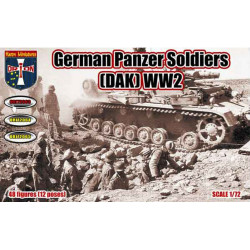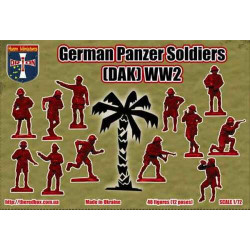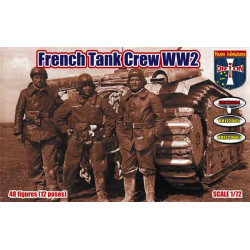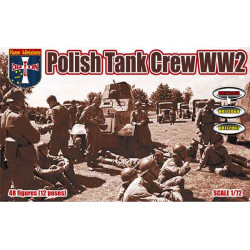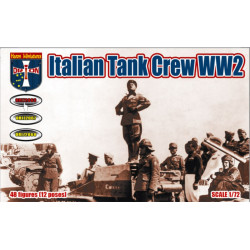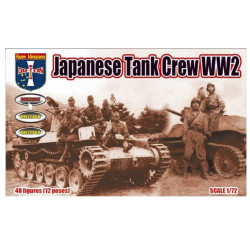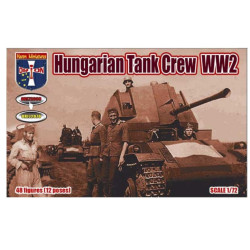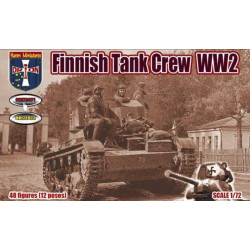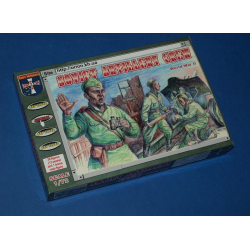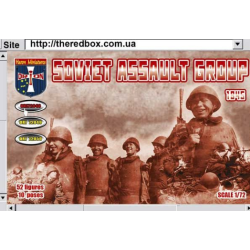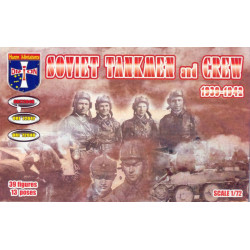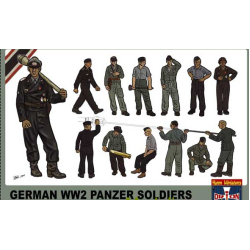Byzantine infantry X-XIII centuries
1/72 scale plastic model kit
Orion 72044
Manufacturer: Orion
Scale: 1/72
Material: Plastic
Paint: Unpainted, assembled, Kit do not contain paints and glue.
Condition: New in Box
The Byzantine army or Eastern Roman army was the primary military body of the Byzantine armed forces, serving alongside the Byzantine navy. A direct descendant of the Roman army, the Byzantine army maintained a similar level of discipline, strategic prowess and organization. It was among the most effective armies of western Eurasia for much of the Middle Ages. The early Byzantine army experienced victory, as well as defeat, and over time thecavalry arm became more prominent as the legion system disappeared in the early 7th century. Later reforms reflected some Germanic and Asianinfluences– rival forces frequently became sources of mercenary units e.g.;Huns, Cumans, Alans and (following the Battle of Manzikert) Turks meeting the Empire's demand for light cavalry mercenaries. Since much of the Byzantine military focused on the strategy and skill of generals utilizing militia troops,heavy infantry were recruited from Frankish and later Varangian mercenaries.
From the seventh to the 12th centuries, the Byzantine army was among the most powerful and effective military forces – neither Middle Ages Europe nor (following its early successes) the fracturing Caliphate could match the strategies and the efficiency of the Byzantine army. Restricted to a largely defensive role in the 7th to mid-9th centuries, the Byzantines developed thetheme-system to counter the more powerful Caliphate. From the mid-9th century, however, they gradually went on the offensive, culminating in the great conquests of the 10th century under a series of soldier-emperors such as Nikephoros II Phokas, John Tzimiskes and Basil II. The army they led was less reliant on the militia of the themes; it was by now a largely professional force, with a strong and well-drilled infantry at its core and augmented by a revived heavy cavalry arm. With one of the most powerful economies in the world at the time, the Empire had the resources to put to the field a powerful host when needed, in order to reclaim its long-lost territories.After the collapse of the theme-system in the 11th century, the Byzantines grew increasingly reliant on professional Tagmata troops, including ever-increasing numbers of foreign mercenaries. The Komnenian emperors made great efforts to re-establish a native army, instituting the pronoia system of land grants in exchange for military service. Nevertheless, mercenaries remained a staple feature of late Byzantine armies since the loss of Asia Minor reduced the Empire's recruiting-ground, while the abuse of the pronoia grants led to a progressive feudalism in the Empire. The Komnenian successes were undone by the subsequent Angeloi dynasty, leading to the dissolution of the Empire at the hands of the Fourth Crusade in 1204.
The Emperors of Nicaea managed to form a small but effective force using the same structure of light and heavily armed troops, both natives and foreigners. It proved effective in defending what remained of Byzantine Anatolia and reclaiming much of the Balkans and even Constantinople itself in 1261. Another period of neglect of the military followed in the reign of Andronikos II Palaiologos, which allowed Anatolia to fall prey to an emerging power, the Ottoman emirate. Successive civil wars in the 14th century further sapped the Empire's strength and destroyed any remaining chance of recovery, while the weakening of central authority and the devolution of power to provincial leaders meant that the Byzantine army was now composed of a collection of militias, personal entourages and mercenary detachments
| General Product Info | |
| Material | Plastic |
| Scale | 1/72 |
| Type | Ancient Warriors |
We have the lowest worldwide shipping. And it's totally simple.
EUROPE, USA, CANADA TURKEY, ISRAEL, EGYPT, UE CHINA, JAPAN, HK, S.KOREA | AU NZ MX South America, Asia | |
| Order weight up to 0.22kg or 0.48lb | US$ 8.90 | US$ 8.90 |
| Order weight up to 0.44kg or 0.97lb | US$ 13.95 | US$ 17.90 |
| Order weight over 0.44kg or 0.97lb | US$ 19.99 | US$ 29.99 |
| Order total over $150 | FREE | PROMO US$ 19.99 |
Shipping to some countries not qualifies for the free shipping option but costs not over $29.99 for any sized order. Sorry for that, your location is too far.
- Stock: 5
- Model: ORI72044
- Weight: 0.19lb
- DATE ADDED: 31/03/2014
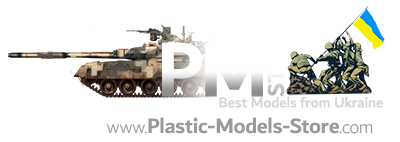


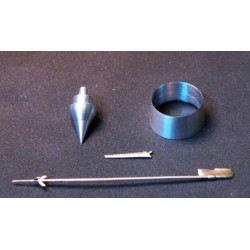
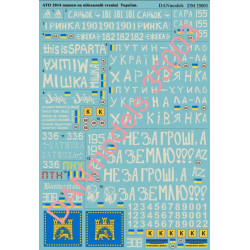

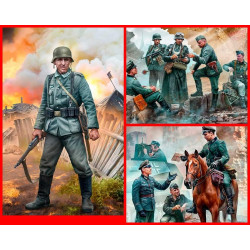

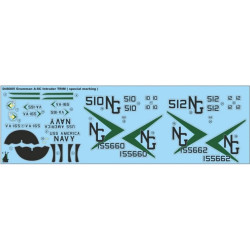

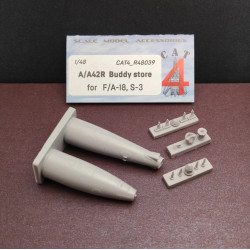

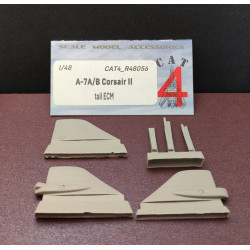
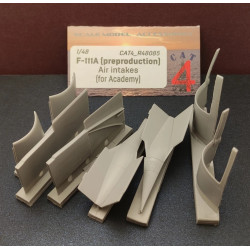
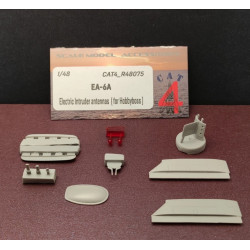
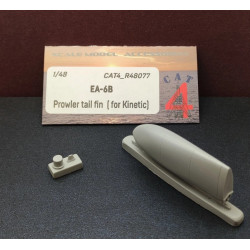
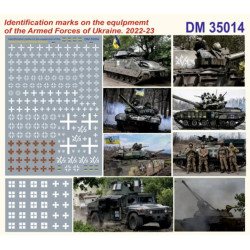
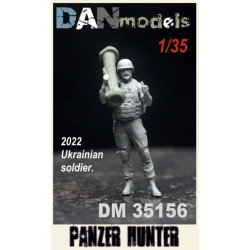

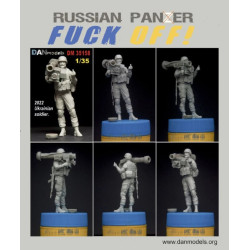
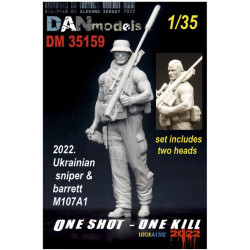
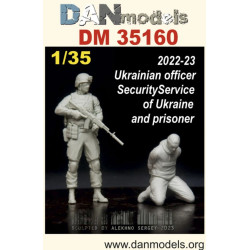
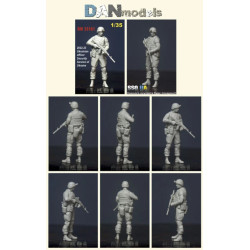

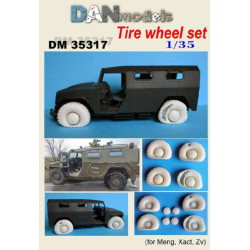

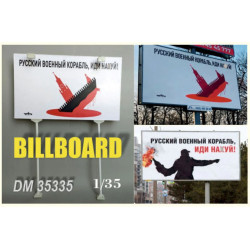
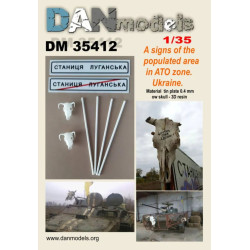



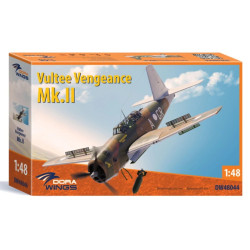


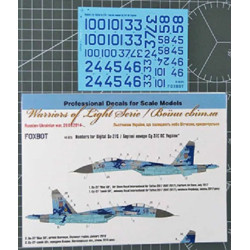

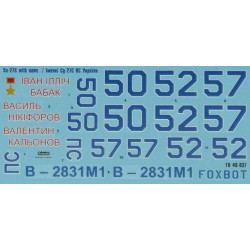

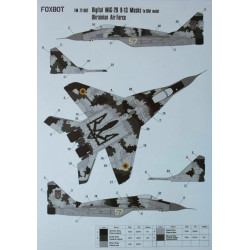
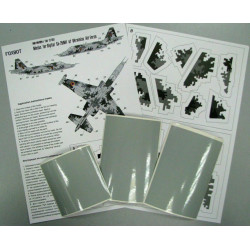





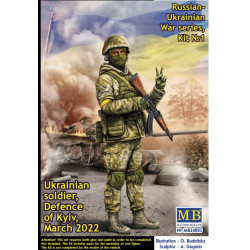
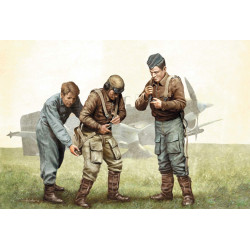
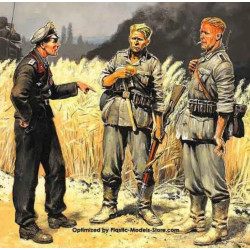


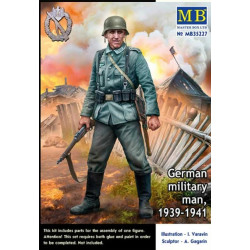
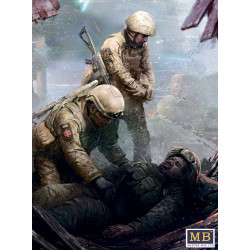












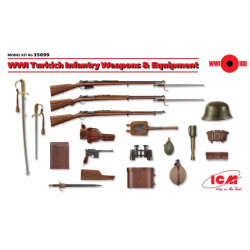
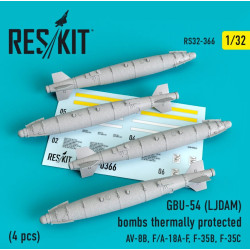
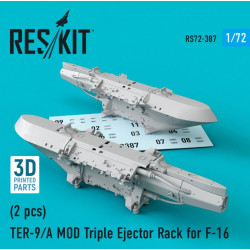
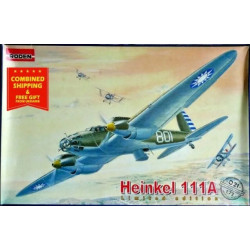
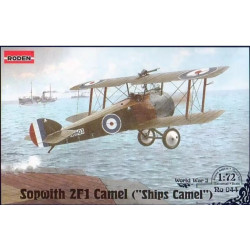



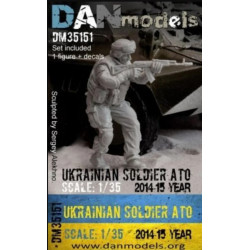


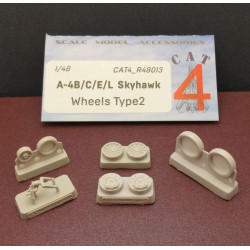

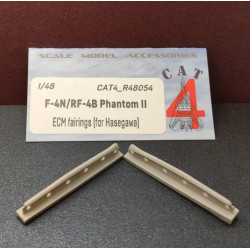
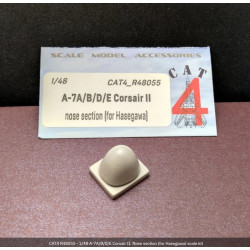
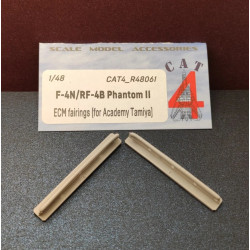
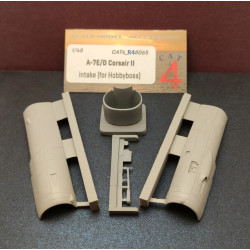
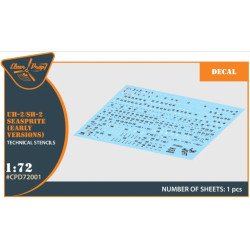
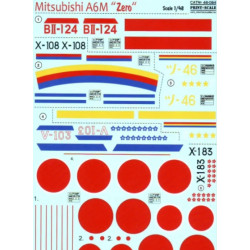
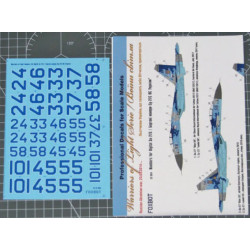
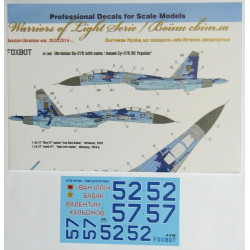
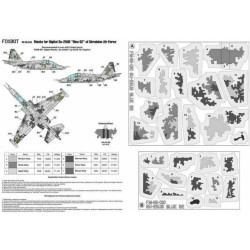



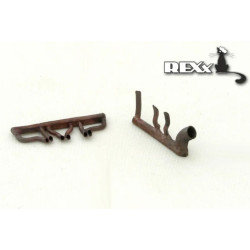
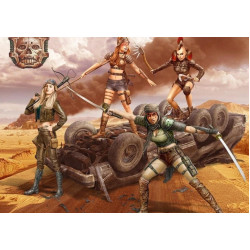

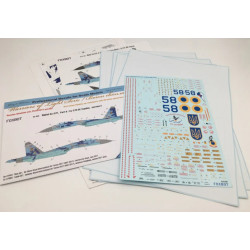
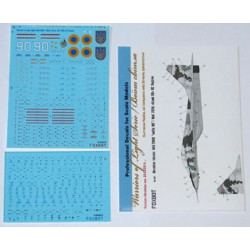


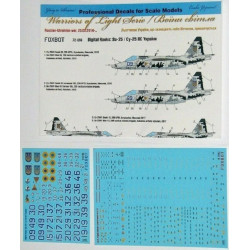

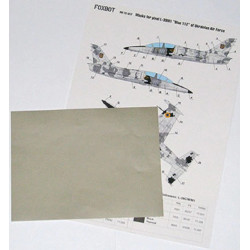


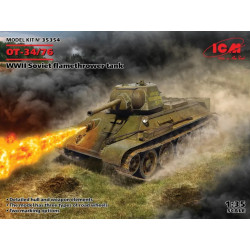
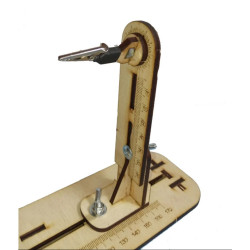










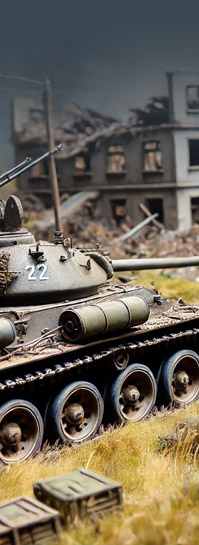
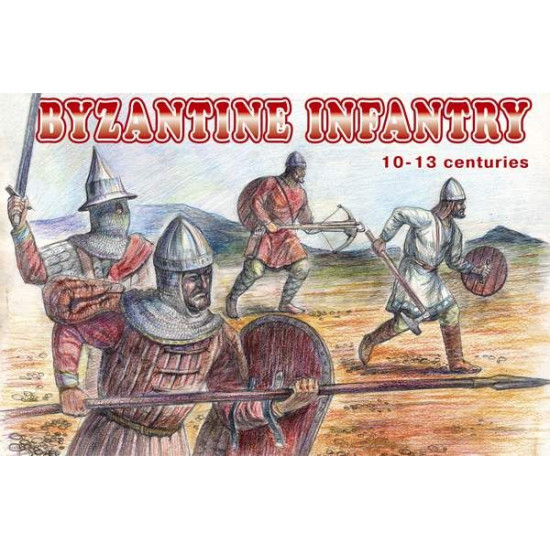
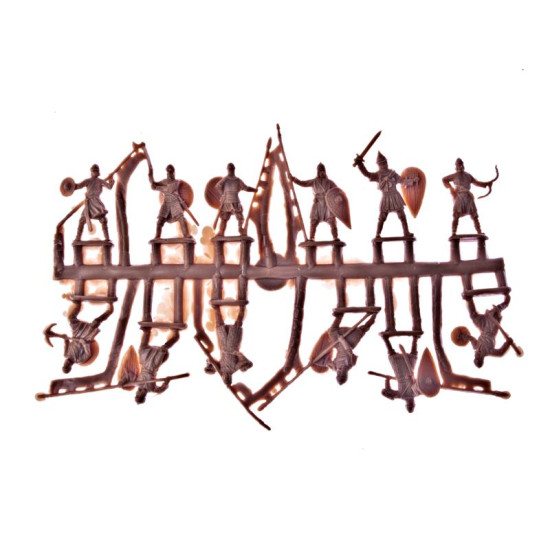
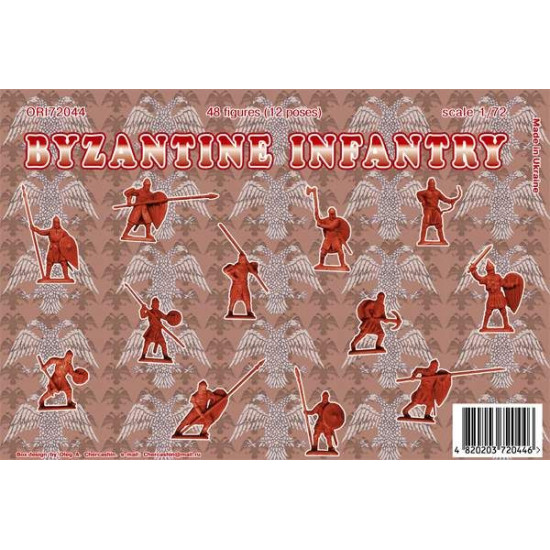




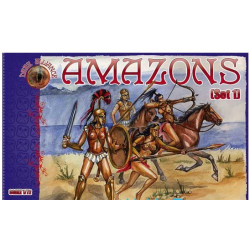
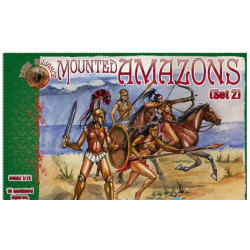
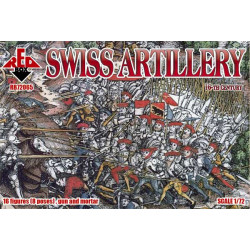
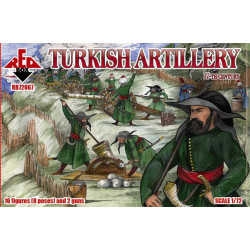
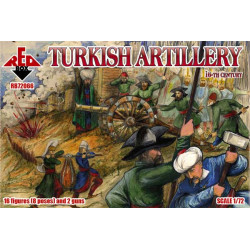
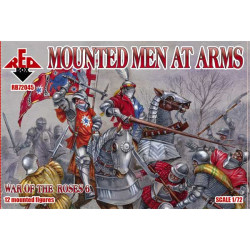
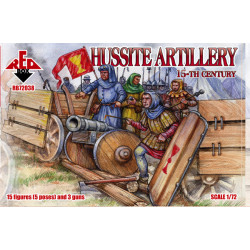
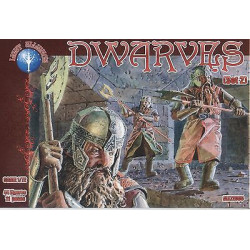
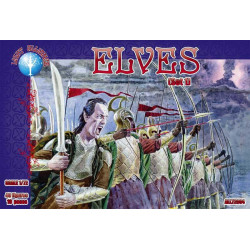
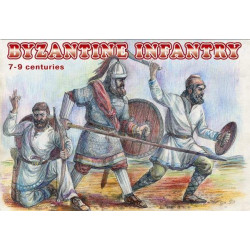
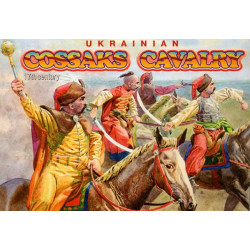
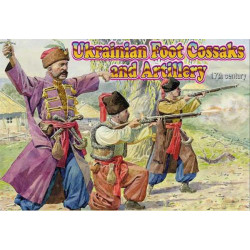
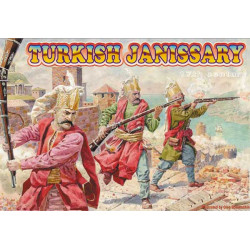
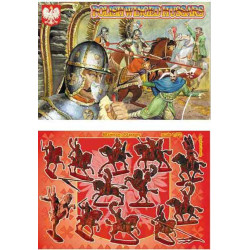
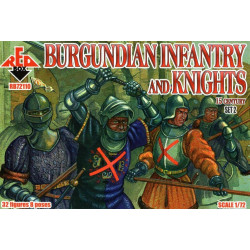

-250x250w.jpg)
-250x250w.jpg)

